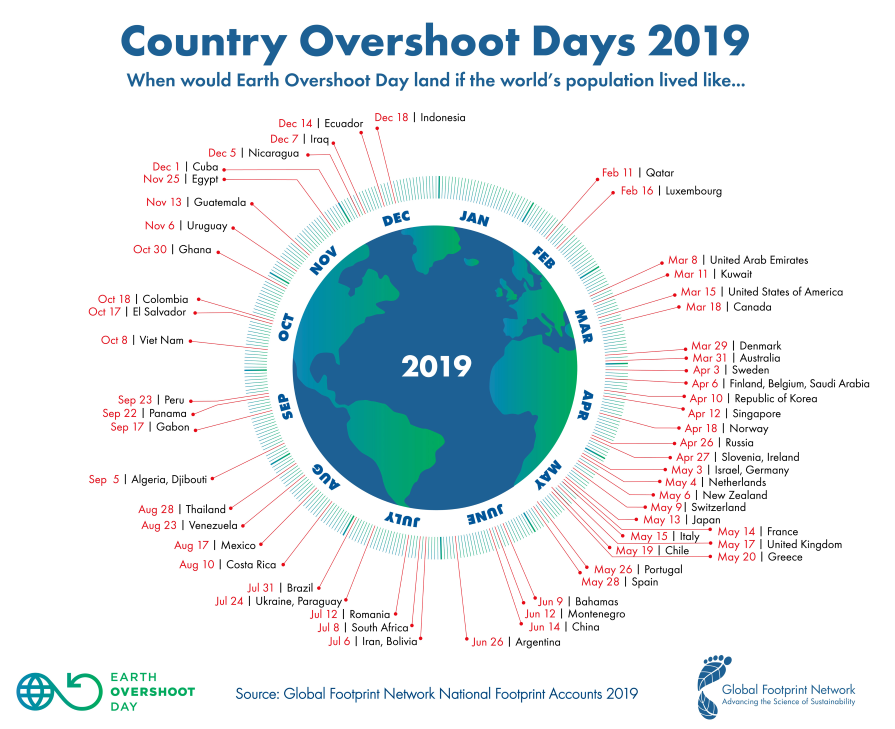The Climate Fixathon starts this Friday (it runs between the 2nd and 30th of August) and I’m excited to be one of the judges. Judges can still take part but they can’t win a prize. However, I’m busy with other (top secret) projects.
It’s the world’s first online hackathon to help fix the climate and it’s all done remotely online.
There’s no wasteful swag tat being given out either.
I thought I’d expand upon the interview that I gave, as it got a bit long. There are lots of ideas here if you’re looking for something to work on.
Changes
The main change required to solve the climate crisis is political and economic but there are personal actions that can also help (just remember to tell people about them to raise awareness). It’s not a case of individual vs system change, both are desperately needed and they create positive feedback loops between each other.
For example, here are some of the things that I’ve been trying. Hopefully they can provide inspiration.
- Talking about it a lot more and getting politically involved
- E.g. adding a section to the end of my tech talks
- Radically cutting down on meat and dairy consumption
- Particularly red meat and especially beef
- Using less milk
- Black coffee (cooled down with cold water)
- Porridge made with water (and sometimes creamed coconut)
- Normally only have UHT / powder in the house (for guests)
- Planning my next holiday by train (using seat61.com)
- Switching to a 100% renewable electricity & carbon offset gas supplier
- Octopus Energy - £50 credit referral link if you want to switch
- A myriad of small things, including:
- Walking / cycling to the shops
- Frequently rather than a weekly big shop
- Makes you fitter and less food waste too
- Purchasing products in bulk to cut down on packaging per unit
- Not always the case (e.g. multi-packs wrapped in plastic)
- Buying loose items and taking canvas bags to the shops
- Switching to tech services that run on 100% green power
- Blocking ads to reduce consumerist messages and energy usage
- Pi-hole is good for this but there are many options
- Replacing liquid soap pump bottles with bars of soap
- And homemade upcycled food tray soap dishes
- Turning the shower off while lathering
- Having it cooler and shorter too
- Using an efficient electric pressure cooker
- Growing fruit and vegetables
- Courgettes, rhubarb and strawberries are easy crops
- Keeping things for longer and repairing them
- Washing clothes at the lowest temperature needed
- Drying clothes outdoors using the sun and wind
- Giving money to tree planting organisations and charities
- Monitoring power usage and switching devices off
- With OpenEnergyMonitor & my Raspberry Pi Electricity Monitor
- Running combi boiler in “eco” mode so it doesn’t pre-heat water
- Putting computers to sleep when not in use (or screens off on lock)
- Running appliances at low carbon hours with timers / smart sockets
- GridCarbon & Carbon Intensity API are good for this
- Working remotely
- Walking / cycling to the shops
The small things don’t really do much in isolation and there are no perfect choices, so don’t feel guilty. It’s just good to lead by example and test how it can be done. The main themes are consuming less and being more thoughtful about external impacts.
What I’ve learned in this experiment is that none of these things are sacrifices but in fact net benefits. They make you healthier, happier, richer and it’s very rewarding.
Priorities
However, for the next 12-18 months the focus needs to be on demanding very significant action from politicians, especially in countries where they haven’t woken up yet. We need a large public mobilisation to apply sufficient pressure and get the right people into power.
We need to triple the proportion of the economy that is fighting climate breakdown. It needs to go from the current 10% to at least 30%.
Here are some tips for engaging politically. Climate breakdown should not be a political issue, it affects everyone. It’s useful to know how to influence people of every political persuasion, who may prefer different solutions.
Reduce, Remove, Recycle
It’s not just about reducing the release of new pollutants, although they need to get to zero quickly. We also need to remove the existing emissions from the atmosphere.
There are many exciting technologies in the pipeline but we don’t have to wait for them.
We already have machines that can do this, they’re called trees.
We need to deploy plant them at a massive scale and securely store the carbon embedded in the timber.
We can recycle our pollutants into useful building materials.
Some countries are doing much better at this than others and they may not be the ones that you expect. For example, Ethiopia is doing much better than the UK and software is helping them.
Measuring Progress
Monday (29th July) was Earth Overshoot Day 2019, although in the UK it was much earlier (17th May). We need to move the date and push it back beyond the end of December, for all countries.
Summary
I’ll give the final words to one of my fellow judges. Good luck with the fixing!
Momentum is building, and there are faint signs that we may, at last, be on the brink of the widespread change we so desperately need. Now we must capitalise on the moment, and accelerate
